
When will Samoyed have his teeth changed
When you look down at the Samoyed by your feet, it rubs your palm with its wet nose, revealing pink gums and tiny teeth.
When you open the door and are greeted by torn tissues, bitten slippers, and a messy floor instead of the cheerful wagging figure, you may feel angry and helpless. But when you see the puppy's drooping ears and a look of unease and guilt in its eyes, you will instantly feel heartbroken. Behind these seemingly mischievous behaviors, there may be a deep sense of separation anxiety in the puppy. This anxiety is like an invisible shackle, not only tormenting the puppy's heart, but also making the owner worried. What we need to do is find the key to unlock the shackle.
The root cause of separation anxiety in puppies is closely related to their strong social nature. In their cognition, the master is the "leader" of the tribe and the source of security. When their owners leave, they instinctively feel fear and unease, as if abandoned by their tribe. Especially for puppies who have separated from their mother and companions too early, experienced frequent changes of owners, or had unpleasant experiences of being left alone at home, they are more likely to experience separation anxiety. Like a small dog adopted from a wandering environment, its turbulent past has left it extremely insecure. Even when it enters a warm new home, once its owner leaves sight, it will fall into deep anxiety.
There are various manifestations of separation anxiety in puppies. Some puppies may become extremely anxious when their owners are about to leave, constantly circling around their owners, making sobbing sounds, and even trying to stop their owners from leaving; Some puppies express their inner fears and desires through continuous barking and howling after their owners leave; Some puppies may exhibit destructive behavior, crazily tearing furniture and gnawing on door frames. These behaviors may seem like venting dissatisfaction, but they are actually a way for them to relieve anxiety; In more severe cases, puppies may experience physiological reactions such as refusing to eat, frequent urination and defecation, and long-term anxiety can also affect their physical and mental health.
To solve the separation anxiety of puppies, owners need to show enough patience and love, and gradually guide them through scientific methods. Firstly, it is necessary to help the puppy establish a correct understanding that the owner's departure is only temporary and will definitely come back. The owner can start training from a short period of time, such as going out to pick up a package or take out the trash, with the departure time controlled within a few minutes. When leaving, do not have too many farewell ceremonies with the puppy to avoid exacerbating its anxiety and maintain a natural and peaceful state when going out; After returning home, do not immediately comfort it warmly. Wait for its emotions to stabilize before giving it appropriate attention and rewards. Through repeated training, the puppy gradually adapts to its owner's brief departure and understands that separation is not a scary thing.
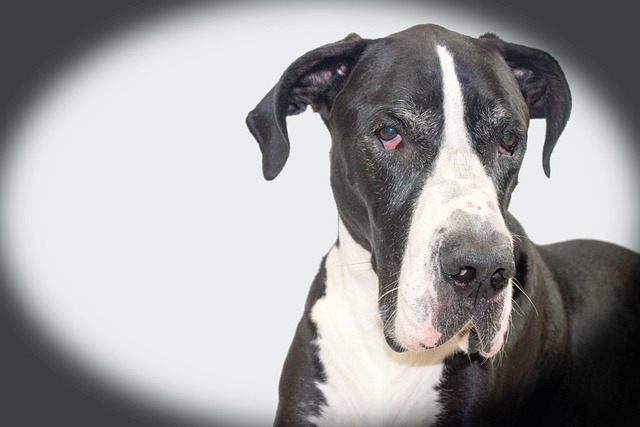
Secondly, creating a comfortable and secure space for the puppy is crucial. You can prepare a dedicated nest for it, place it in a quiet and warm corner, and put its favorite toys, old clothes with the owner's scent, etc. in the nest. These familiar items can make the puppy feel the owner's breath and gain psychological comfort when the owner leaves. For example, a soft plush toy that a puppy can hold to sleep with; An old T-shirt worn by its owner, with a scent that makes the puppy feel as if the owner is right beside them. In addition, it is also possible to play some gentle and soothing music when the puppy is alone. Studies have shown that music of specific frequencies can effectively alleviate the puppy's anxiety and allow it to relax in a quiet atmosphere.
Furthermore, increasing the exercise and mental activity of puppies is also an effective way to alleviate separation anxiety. A tired but satisfied little dog often lacks the energy to be anxious. Ensure that the puppy has sufficient time for outdoor activities such as walking, running, playing, etc. every day to release excess energy; At the same time, provide some educational toys such as leaky food balls, puzzle solving toys, etc., so that the puppy can use its brain and obtain food rewards while playing. This dual consumption of body and brain will make puppies more willing to rest quietly when their owners leave, rather than falling into anxiety.
In addition, using some auxiliary tools can also be helpful. There are pheromone diffusers specifically designed to alleviate pet anxiety on the market, which release a scent that simulates the soothing pheromones of a mother dog, making puppies feel at ease; Anti bite spray can also be applied to the surface of furniture to prevent small dogs from causing damage due to anxiety. But these tools are only auxiliary means, the core is still the owner's companionship and training.
Every little dog suffering from separation anxiety is like a seed that needs sunlight to shine. The patience, understanding, and scientific training of the owner are the warm sunshine that can help dispel the darkness in their hearts. When one day you leave home, the little dog can quietly lie in its nest and watch you off. When you come home and see its peaceful and joyful eyes, you will know that all your efforts have not been in vain. This trust and dependence across species is worth guarding with love and patience, helping the little dog overcome its anxiety and embrace every day full of happiness and joy together.

When you look down at the Samoyed by your feet, it rubs your palm with its wet nose, revealing pink gums and tiny teeth.
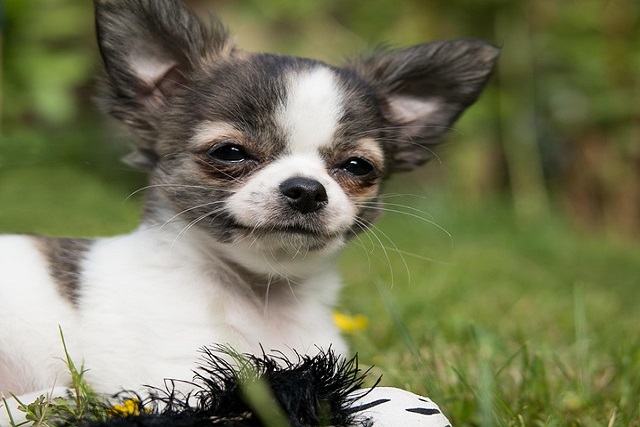
When you gently stroke the fluffy, soft white fur of a Samoyed and feel the smoothness under your fingertips, it's like touching a warm cloud
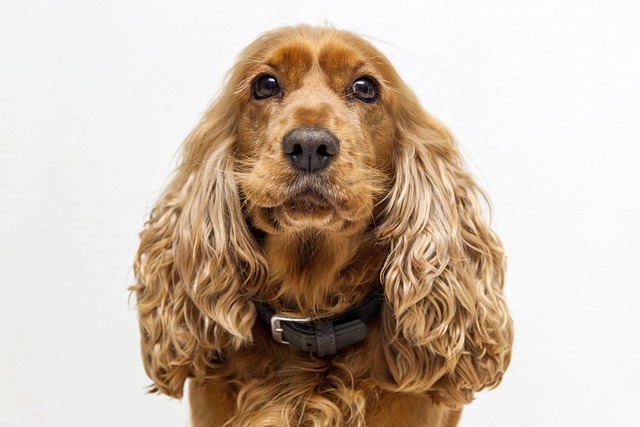
The clear and bright eyes of dogs are an important window for establishing emotional connections with us. When this window is covered with haze, the owner is often distressed and anxious.
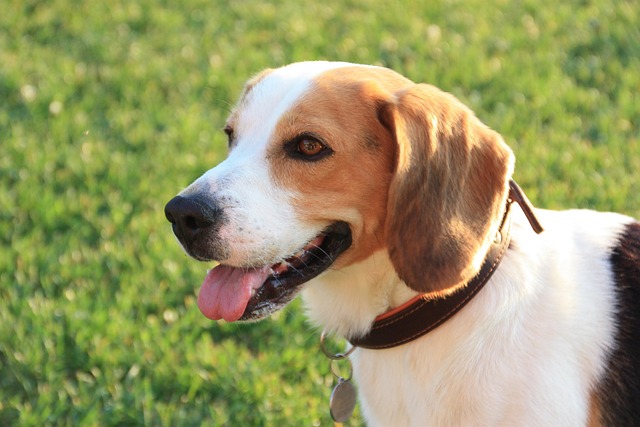
When the dog that used to be gentle and cute, wagging its tail to greet you, suddenly bares sharp teeth, emits low growls, or even makes lunging bites,
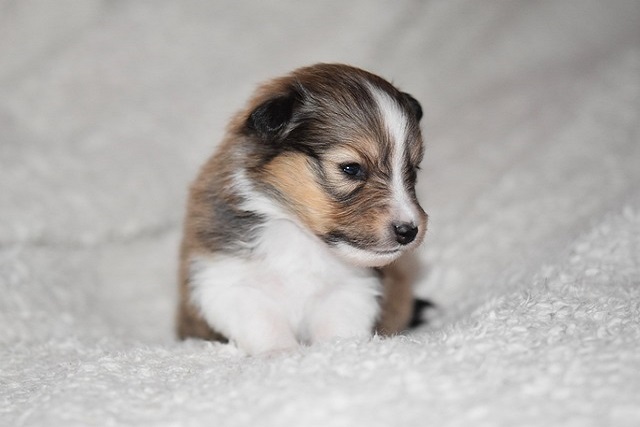
When you gently stroke a Schnauzer's fluffy head, its ears—like fairy wings—flick softly, as if whispering boundless joy. However,

As pet owners,we always want to give our dogs the best care,and deworming is an important part of daily care.The question of"whether to feed deworming medicine to dogs without parasites"involves health considerations and emotional care.